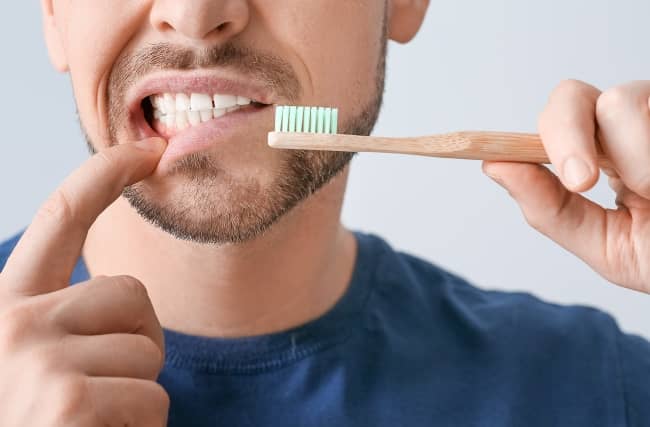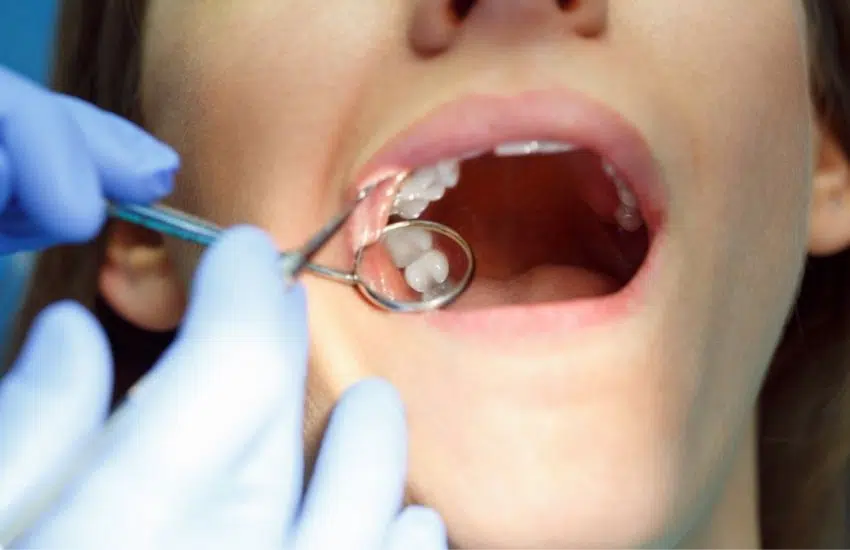Wisdom on Wisdom Teeth: Signs, Symptoms, and Soothing the Eruption
Wisdom teeth, also known as third molars, are the last teeth to erupt in the mouth, typically emerging between the ages of 17 and 25. While some wisdom teeth erupt normally and cause no problems, others become impacted (stuck below the gum line) or erupt at an angle, requiring removal. Knowing the signs and symptoms of wisdom teeth eruption can help you identify potential issues and seek timely dental care if necessary. This comprehensive guide explores the telltale signs of wisdom teeth coming in, offers strategies for managing discomfort, and highlights the importance of consulting a dentist for proper evaluation and guidance.
The Path of Eruption: Unveiling the Signs of Wisdom Teeth Arrival
Several signs and symptoms can indicate that your wisdom teeth are emerging:
- Discomfort and Pain: The process of wisdom teeth erupting can put pressure on surrounding teeth and jawbone, leading to discomfort, aching, or even throbbing pain in the back of the jaw.
- Swelling and Tenderness: Inflammation of the gum tissue around the erupting wisdom tooth can cause swelling and tenderness in the jaw area. This discomfort might make it difficult to chew or open your mouth wide.
- Gum Redness: The gums surrounding the erupting wisdom tooth might appear red and irritated due to inflammation.
- Bleeding Gums: Minor bleeding from the gums around the wisdom tooth can sometimes occur during eruption.
- Bad Breath or Unpleasant Taste: Food particles can become trapped around the wisdom tooth due to difficulty cleaning the area properly, leading to bad breath or an unpleasant taste in the mouth.
- Jaw Stiffness or Difficulty Chewing: Pressure on the jawbone from erupting wisdom teeth can cause temporary jaw stiffness or difficulty chewing.
- Facial Swelling: In some cases, significant inflammation can lead to facial swelling on the side where the wisdom tooth is erupting.
It’s important to note that not everyone experiences all these symptoms, and the severity can vary. If you experience any of these signs, especially persistent pain or swelling, consulting a dentist is crucial.
Soothing the Discomfort: Strategies for Managing Wisdom Teeth Eruption
While wisdom teeth eruption can be uncomfortable, there are steps you can take to manage the discomfort at home:
- Pain Relief: Over-the-counter pain relievers like ibuprofen or acetaminophen can help manage pain and inflammation. Follow the recommended dosage instructions carefully.
- Warm Compress: Applying a warm compress to the outside of your jaw for 15-20 minutes at a time can help reduce swelling and discomfort.
- Saltwater Rinse: Rinsing your mouth with warm salt water (dissolve half a teaspoon of table salt in a glass of warm water) several times a day can help soothe irritation and promote healing.
- Soft Diet: Opt for a soft diet of easily chewable foods like soups, mashed potatoes, and yogurt to minimize discomfort while chewing.
- Maintain Good Oral Hygiene: Brushing your teeth twice daily and flossing once a day is crucial to remove food particles and bacteria that can contribute to inflammation and infection. Pay particular attention to the area around the erupting wisdom tooth, but be gentle to avoid further irritating the gums.
Seeking Professional Guidance: The Importance of Consulting a Dentist
While home remedies can provide temporary relief, consulting a dentist is essential for proper evaluation and management of wisdom teeth eruption. Here’s why:
- Early Detection of Problems: X-rays can help your dentist assess the position and angulation of your wisdom teeth. Early detection of potential impaction or other complications allows for timely intervention and minimizes the risk of future problems.
- Professional Cleaning: If wisdom teeth erupt partially and are difficult to clean properly, your dentist can perform a professional cleaning to remove plaque and bacteria buildup, reducing the risk of infection.
- Wisdom Teeth Removal: If wisdom teeth are impacted, causing persistent pain, significant jaw problems, or damage to nearby teeth, your dentist might recommend removal. Early wisdom teeth removal can help prevent future complications and promote overall oral health.
Scheduling regular dental checkups, especially during the late teens and early twenties, is crucial for monitoring wisdom teeth development and addressing any potential issues promptly.
Wisdom Words: Frequently Asked Questions (FAQ)
Q: Is it always necessary to remove wisdom teeth?
- A: No, not all wisdom teeth need removal. If your wisdom teeth erupt fully, cause no problems, and properly align with other teeth, your dentist might recommend monitoring them. However, regular dental checkups are still essential to ensure they don’t cause future issues.




